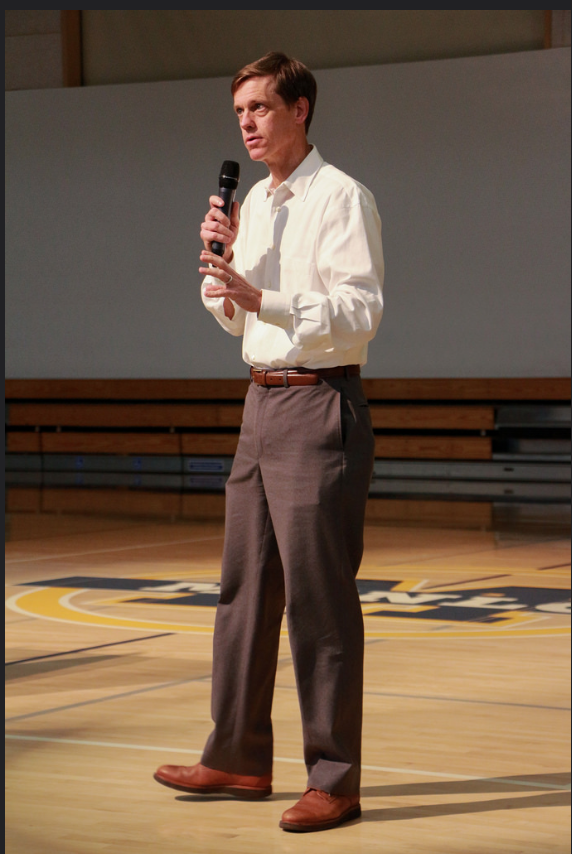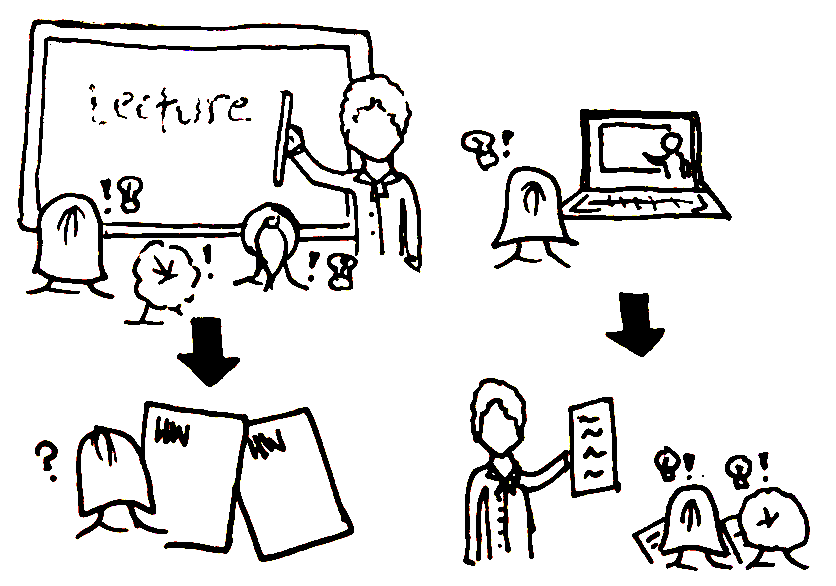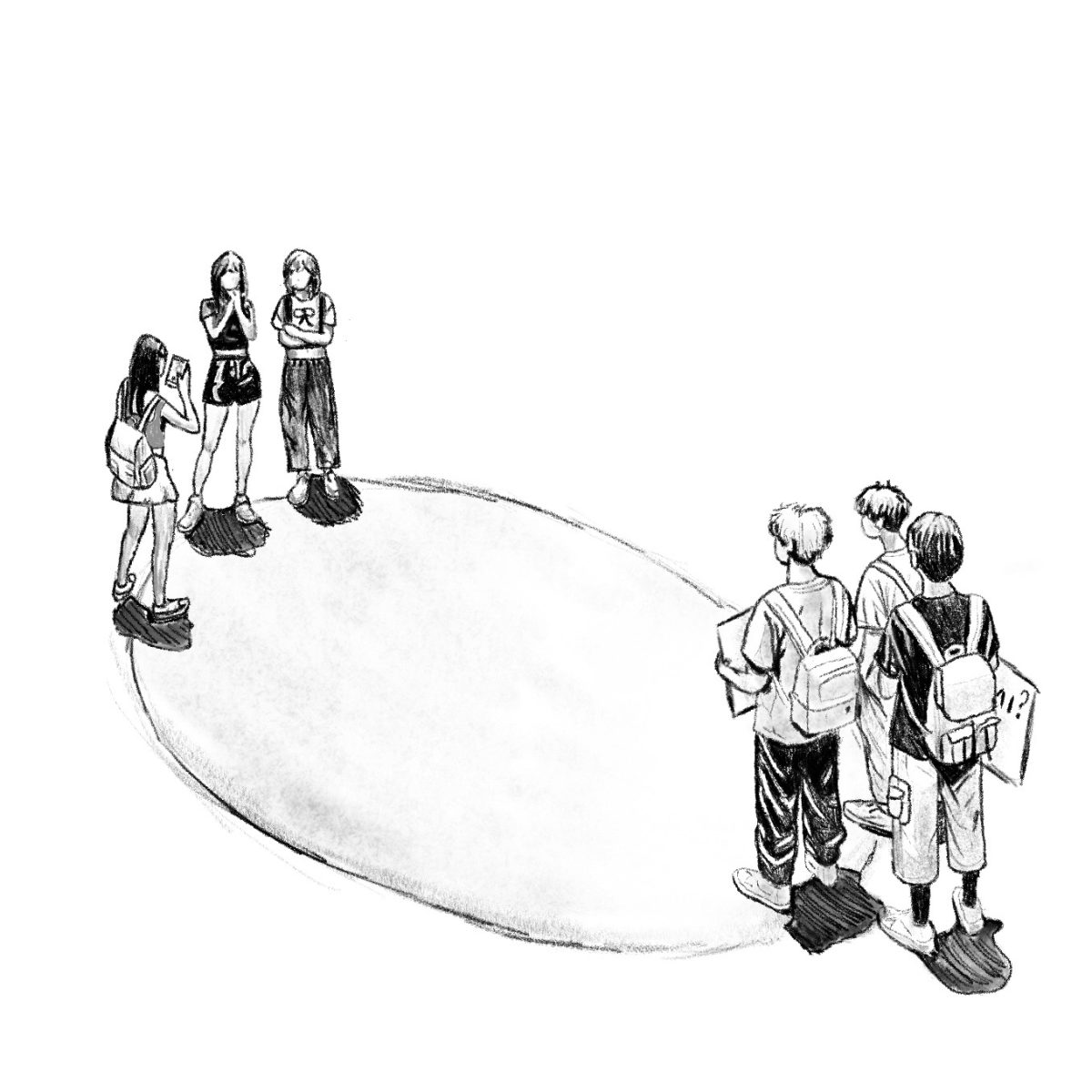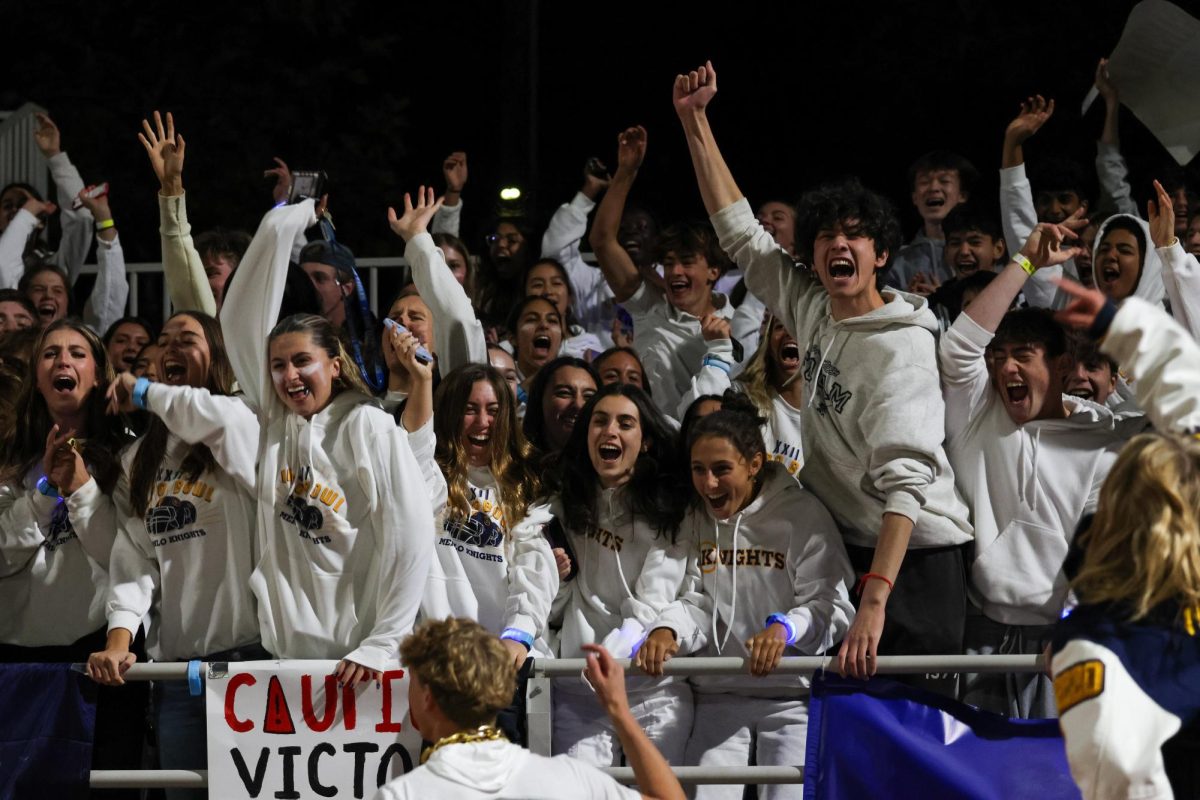Sam Fortenbaugh discusses the phrase “tailwinds” used by Upper School Director John Schafer and why Menlo students should acknowledge their tailwinds. Photo courtesy of Pete Zivkov.
By Sam Fortenbaugh
In the past two weeks, Menlo has had two thoughtful, provocative assemblies that have challenged the community to become more aware of their “tailwinds”. When I refer to tailwinds, I mean the privileges that one has been given. The assemblies challenged Menlo as an entire school to recognize its tailwinds and become a more culturally competent, empathetic, and accepting school.
Acknowledging tailwinds can be challenging for some Menlo students because pop culture tends to highlight individuals who were able to overcome their challenging backgrounds. Another reason is Menlo students do not want their hard work to be discredited by the privileges they had.
Before I continue, I want to acknowledge my own personal bias on this topic. I would be a fool to not recognize the immense amount of tailwinds that I have been given. I am not saying this to brag, but rather to provide a brief understanding of my background. Also, I do not know what it is like to be a part of the minority at Menlo and to face significant headwinds.
Now to my argument. First off, some Menlo students feel like their achievements are discredited because they do not come from difficult backgrounds and did not have to overcome as many obstacles.
Let me be very clear. Most Menlo students work very hard in school and experience success as a result. These students who work hard can feel like acknowledging their tailwinds invalidates all of their hard work. Therefore, the students do not want to lose their sense of pride in their scholarly efforts, so they often do not recognize that maybe some things have come easier for them than others because of their tailwinds.
While acknowledging tailwinds can be difficult for us, including myself, it is important to recognize them, so we as a community can be more sympathetic to those who are not as privileged.








